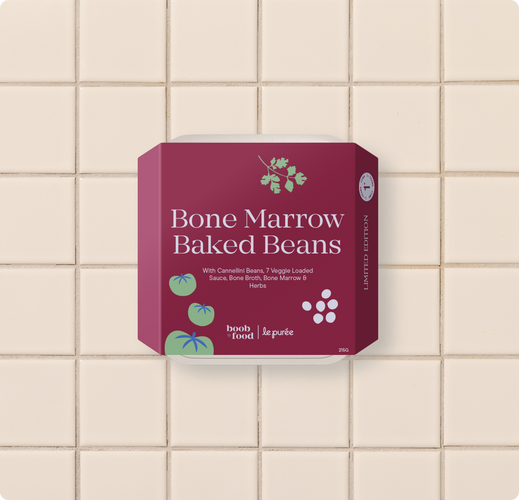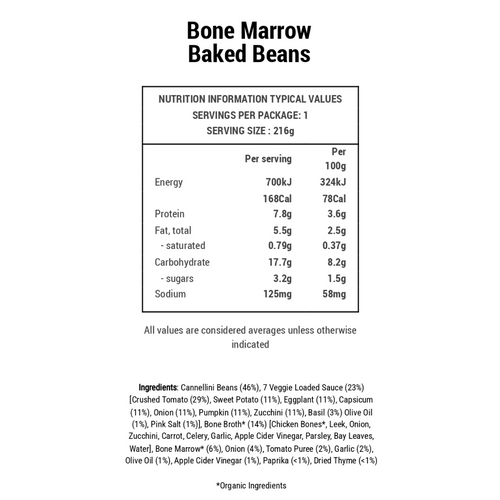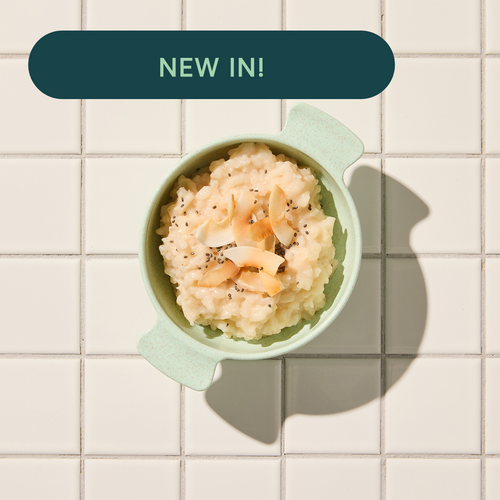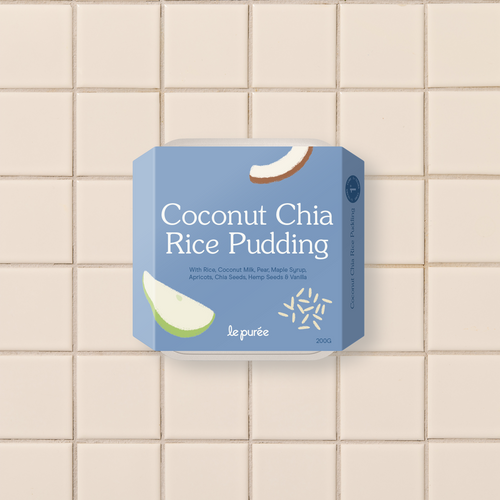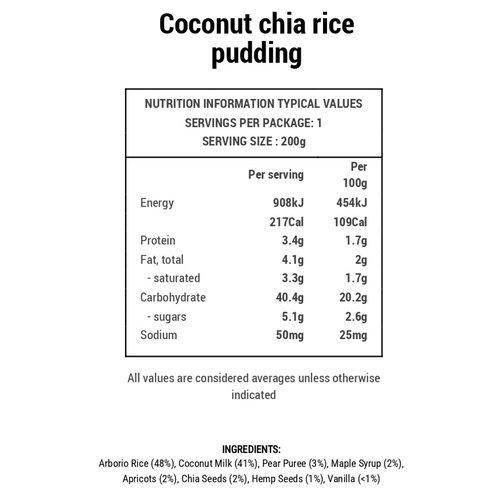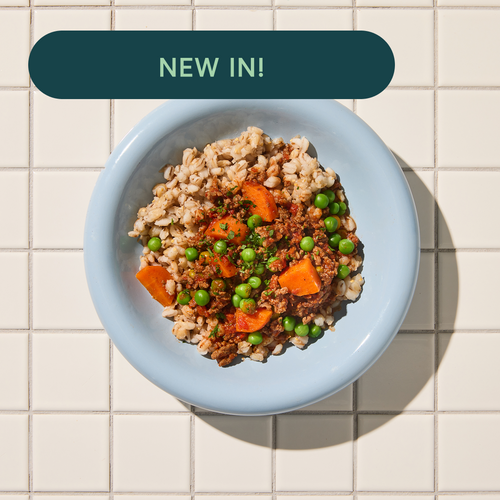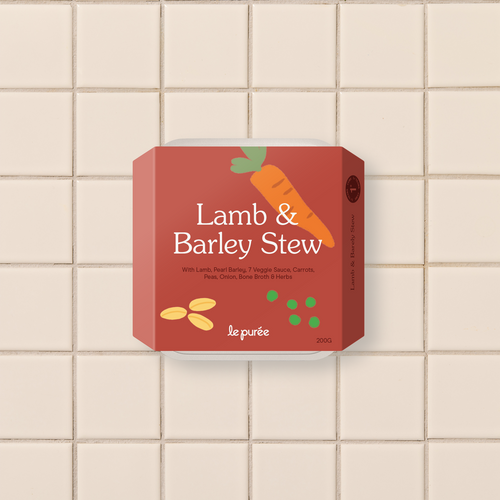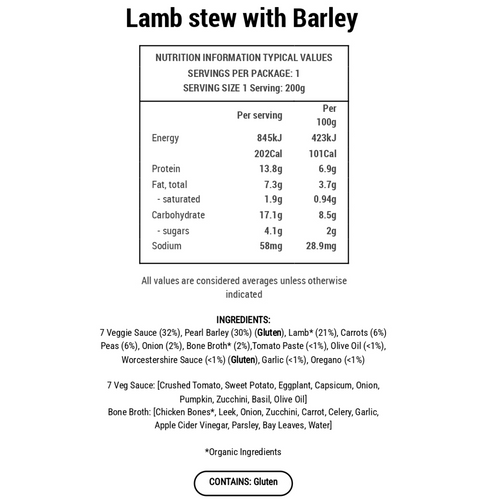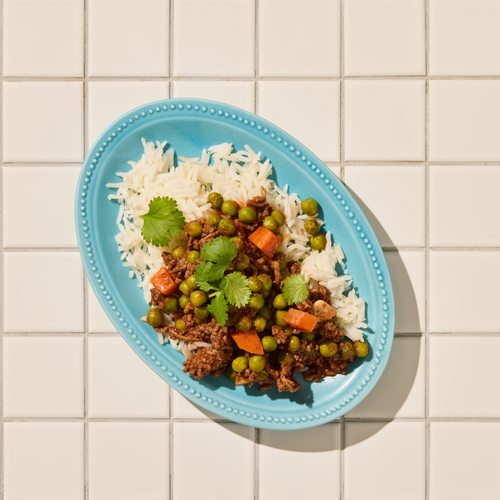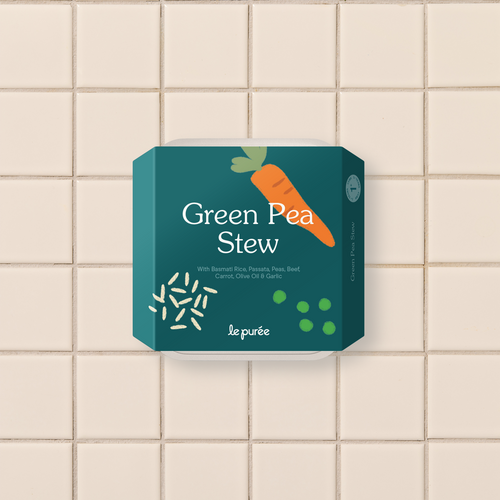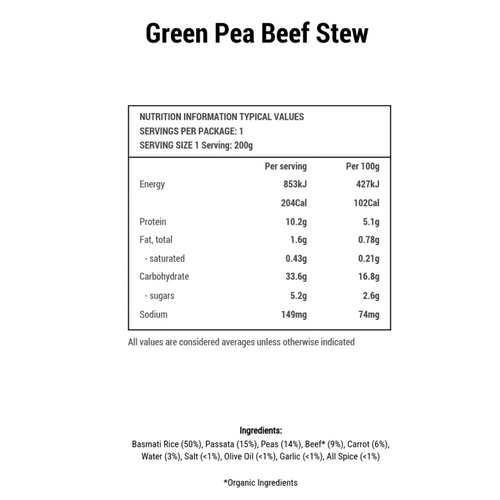Ever wondered why your little one’s mood can change so quickly? It turns out, their gut health might have a lot to do with it! Recent studies show that the trillions of tiny microbes in our guts play a big role in our overall health, including how we feel emotionally. Let’s dive into how this works and what you can do to help your child stay happy and healthy.
A study out of Ohio State University has drawn a link between children’s microbiome and their mood… we’re going to explore the findings!

The Gut-Brain Connection 🧠
Our gut and brain are in constant communication, often called the gut-brain axis. This means that changes in your child’s gut can affect their mood, and vice versa. Pretty amazing, right?
The Ohio State University study looked at the microbiome from 77 girls and boys, and it found that children with the most diverse types of gut bacteria more frequently displayed positively associated behaviours- such as positive mood, curiosity, sociability and impulsivity.
It has also been found through this research that extroverted personality traits were associated with an abundance of the gut bacteria which is a byproduct of a diet rich in nuts (e.g. walnuts), flavonoid-rich foods, including berries, apples, pears, grains and olive oil.
So, what can we do to affect the gut microbiome? 👇🏼
- 🥦 A well balanced diet is crucial: Your bub should have a diet rich in a variety of fruits, veggies, and wholegrains. This helps build a diverse and healthy gut microbiome, which can improve mood and reduce anxiety.
- Probiotics and Prebiotics: Think of probiotics as the good bacteria and prebiotics as their food. Foods like yoghurt (with live cultures) and prebiotic-rich foods (like bananas and oats) can help keep your bub’s gut in happy balance.
- Processed Foods: Processed food and excessively sugary foods can be eaten by anyone, including your bub - in moderation. These can harm the good bacteria in their gut and lead to mood swings.
- Antibiotics: When antibiotics are necessary, they're necessary. Using them too often can also affect the gut’s good gut bacteria, so it is advisable to consider probiotics afterward to help restore their gut health.

The benefits of a balanced diet:
The gut produces important chemicals like serotonin and dopamine which affect our mood. A healthy gut makes more of these "happy chemicals."
A balanced gut microbiome also helps to regulate the immune system and reduce inflammation, both of which are linked to better mood and less anxiety.
It’s also been shown that a healthy gut microbiome helps to manage stress hormones, (hopefully) making your child more resilient to stress.
So, how do I create a great gut microbiome?
- Balanced Diet: Start early with a variety of fruits, veggies, and whole grains to support your child’s gut health.
- Probiotics: If your child is taking antibiotics, discuss with your health care practitioner about whether probiotics are recommended for your bub to help restore good gut bacteria.
- Outdoor Play: Physical activity in the great outdoors is just about the best combo! Not only will your little one be stimulating happy hormones, but they’ll be exposed to soils, leaves and trees, as well as any naturally-occuring bacteria outside… this all provides a host of bacteria to support a thriving microbiome!
- Sleep Routine: Ensure your child gets enough sleep. Good sleep supports overall health, including a healthy gut.
Your child’s gut health is a big part of their overall wellbeing, including their mood. By focusing on a balanced diet and encouraging active outdoors play, you can help keep your little one happy and healthy. Remember, a happy gut often means a happy child!




